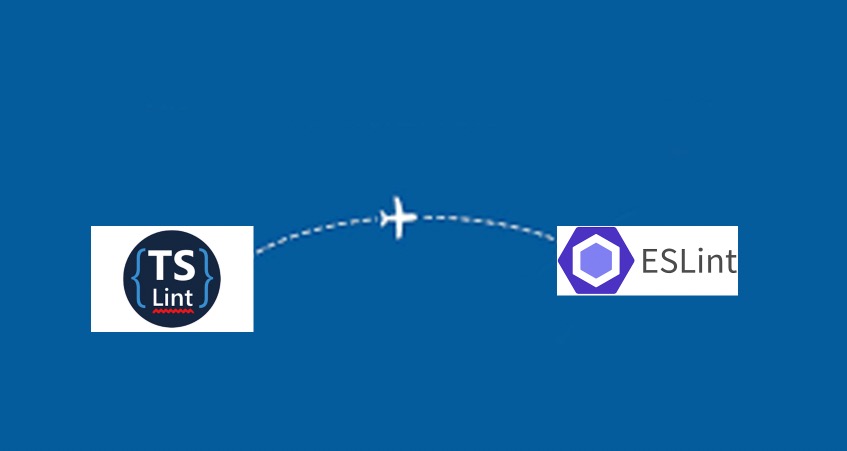TSLint is deprecated. According to the roadmap, it’s shutting down by the end of 2020. Consolidating on ESLint lets the JS/TS community share tooling, and teams only need to remember one ruleset. I migrated over a weekend; here’s the process.

TSLint Roadmap Highlights
If your project is still active, migration is mandatory. Key dates:
- 2019-08-01: No new core rules (bug fixes only).
- 2019-11-01: No new features (except migration helpers).
- 2020-01-01: Only security fixes / breaking TS changes.
- 2020-12-01: Stop accepting PRs entirely.
Details: https://github.com/palantir/tslint/issues/4534
Automated Migration: tslint-to-eslint-config
The community provides a migration tool mapping TSLint rules to ESLint equivalents. Use it if possible. When I tried it (pre-1.0) it was still rough, so I migrated manually—which also forced me to learn the rules.
Note: Some TSLint rules have no ESLint counterpart. Read the console output carefully.
Manual Migration
Setup package.json
"@typescript-eslint/eslint-plugin": "^2.30.0",
"@typescript-eslint/eslint-plugin-tslint": "^2.30.0",
"@typescript-eslint/parser": "^2.30.0",
"eslint": "^6.8.0",
"eslint-config-prettier": "^6.11.0",
"eslint-loader": "^4.0.2",
"eslint-plugin-import": "^2.20.2",
"eslint-plugin-jsdoc": "^24.0.0",
"eslint-plugin-prefer-arrow": "^1.2.0"
"scripts": {
"lint": "eslint src/main/webapp/**/*.{ts,tsx}"
}
.eslintrc.js
module.exports = {
root: true,
parser: '@typescript-eslint/parser',
plugins: ['@typescript-eslint'],
extends: [
'eslint:recommended',
'plugin:@typescript-eslint/eslint-recommended',
'plugin:@typescript-eslint/recommended'
],
rules: {}
};
webpack.config
{
test: /\.tsx?$/,
enforce: 'pre',
loader: 'eslint-loader',
exclude: [utils.root('node_modules')]
}
Update Disable Comments
Replace TSLint-specific disable comments with ESLint equivalents or remove them if unnecessary.
Handy Tips
Disable Examples
/* eslint-disable no-var */— disable a rule for the entire file.// eslint-disable-next-line complexity— disable a rule for the next line.// eslint-disable-line @typescript-eslint/naming-convention— disable for the current line.
Always prefer fixing the issue when possible.
Only Show Errors
Use --quiet to suppress warnings:
$ eslint src/main/webapp/**/*.{ts,tsx} --quiet
Final Thoughts
- Don’t chase a huge list of custom rules—defaults exist for a reason. Adopt widely-used recommendations.
- Rules enforce consistency and prevent low-level bugs, especially in teams of varying experience.
- The ecosystem is converging: ESLint replaces TSLint, Babel transpiles TS, etc. Embrace the consolidation.

